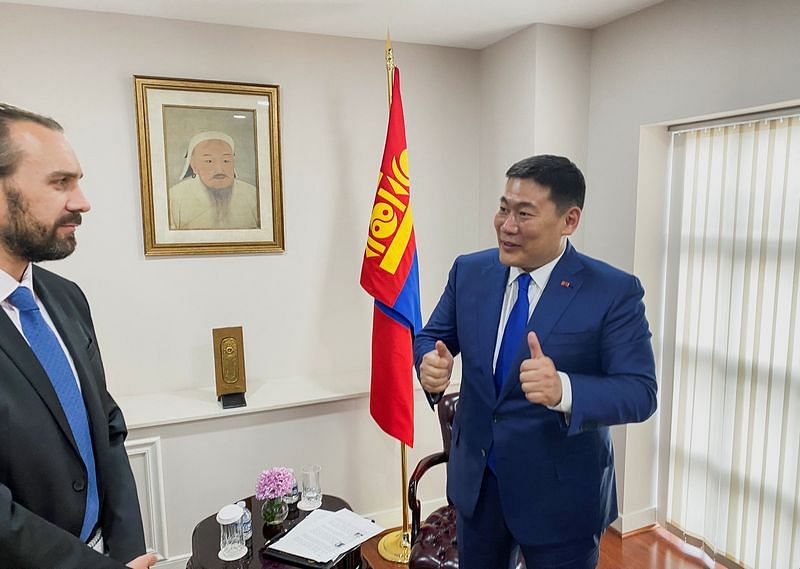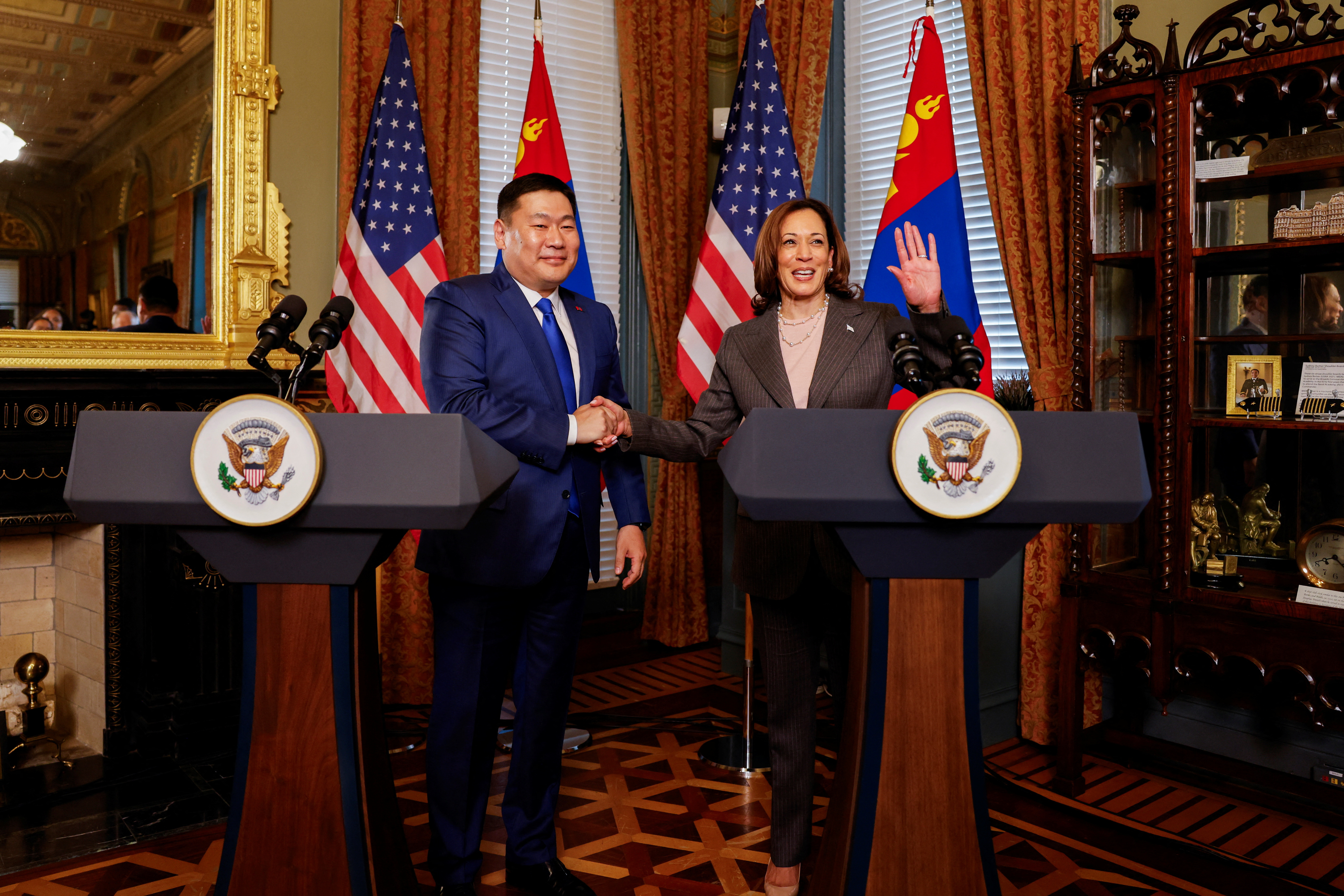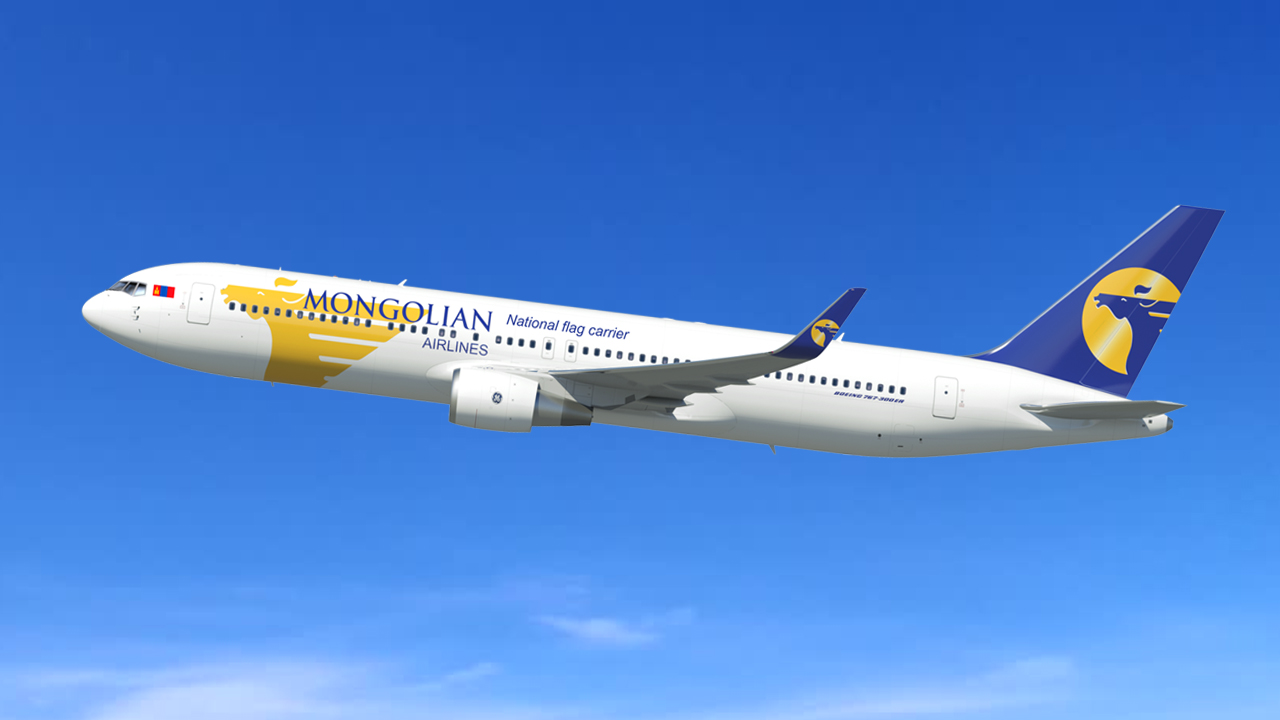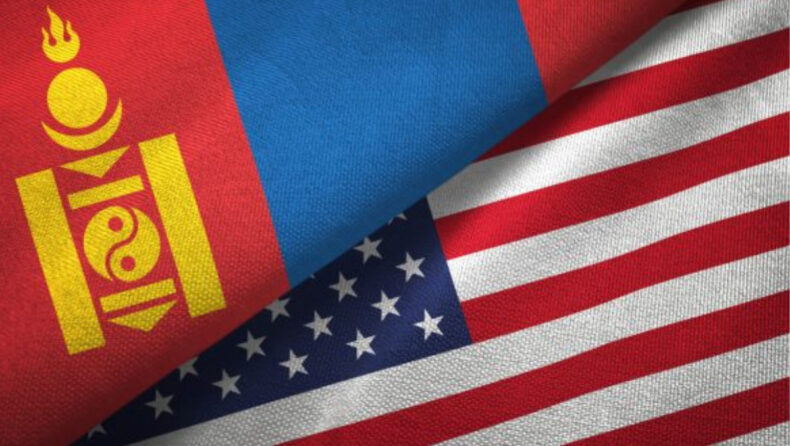Mongolia’s Prime Minister L. Oyun-Erdene announced during his visit to Washington on Wednesday that the country will strengthen cooperation with the United States in mining rare earths. However, he expressed concern about the potential harm to the global economy if a “new cold war” between the U.S. and China escalates.

Caption: PM Oyun-Erdene Luvsannamsrai spoke to Reuters correspondent Simon Lewis at the Mongolian embassy in Washington, U.S., on August 2, 2024, gesturing in front of the flag and a portrait of Genghis Khan.
The country holds significant deposits of rare earths and copper, crucial for high-tech applications like defense equipment and President Joe Biden’s efforts to promote electric vehicles to combat climate change.
Prime Minister Oyun-Erdene highlighted that cooperation on rare earths and critical minerals with the U.S., Mongolia’s “important strategic third neighbour,” is already in progress. This cooperation will be deepened under a memorandum of understanding signed between Mongolia’s Ministry of Mining and Heavy Industry and the U.S. State Department in June.
While the East Asian country aims to maintain good relations with both China, which controls most of the world’s rare earths deposits, and the U.S., Oyun-Erdene cautioned that his landlocked country, situated between China and Russia, could suffer if superpower competition intensifies.
He referred to the United States as Mongolia’s “guiding Polar Star for our democratic journey” and mentioned discussions on further enhancing democratic values.
The Biden administration’s focus on strengthening relationships with Asian countries is part of its strategy to counter China’s increasing influence and the “no limits” partnership between Beijing and Moscow.
Harris, Mongolian PM to Sign Civil Aviation Agreement
The United States and Mongolia are set to sign an “Open Skies” civil aviation agreement, as Vice President Kamala Harris and Mongolian Prime Minister L. Oyun-Erdene discussed Russia, China, and economic development during their meeting in Washington.

Caption: On August 2, 2024, PM Oyun-Erdene Luvsannamsrai met VP Kamala Harris at her office in Washington.
As part of an air transport agreement signed in January, the U.S. and Mongolia signed a memorandum of understanding.
Amid efforts to ease tensions with China and strained relations with Russia due to the ongoing Ukraine war, the Biden administration emphasizes strengthening ties with the landlocked country and other Indo-Pacific nations. Key priorities include addressing the climate crisis, supporting democracies, upholding human rights, and promoting the international rules-based order.
With Russia to the north and China to the south, the landlocked country pursues a diplomatic strategy to maintain political independence, cultivating alliances with countries like Japan, South Korea, and the United States. However, its economy heavily relies on its two neighbouring giants.
“The Open Skies Deal”
More than 130 countries have signed Open Skies civil aviation agreements with Washington, allowing airlines from both sides to operate on each other’s territory, liberalize airline regulations, and enforce safety and security measures.

Caption: MIAT Mongolian Airlines
The upcoming Open Skies deal between the U.S. and Mongolia builds upon a memorandum of understanding for an air transport agreement reached in January.
The national airline of Mongolia, MIAT Mongolian Airlines, flies to Europe and Asia but not to the United States. The new Open Skies deal aims to facilitate cargo flights between the two nations and offer economic opportunities.
This deal coincides with cultural exchange initiatives and English-language training in official language of the country, following legislation that made English the first foreign language in secondary education.
The agreements are strategic moves to provide Mongolia with Washington-backed alternatives for economic development, especially considering historical corruption that deterred foreign investments in the landlocked Asian country.













